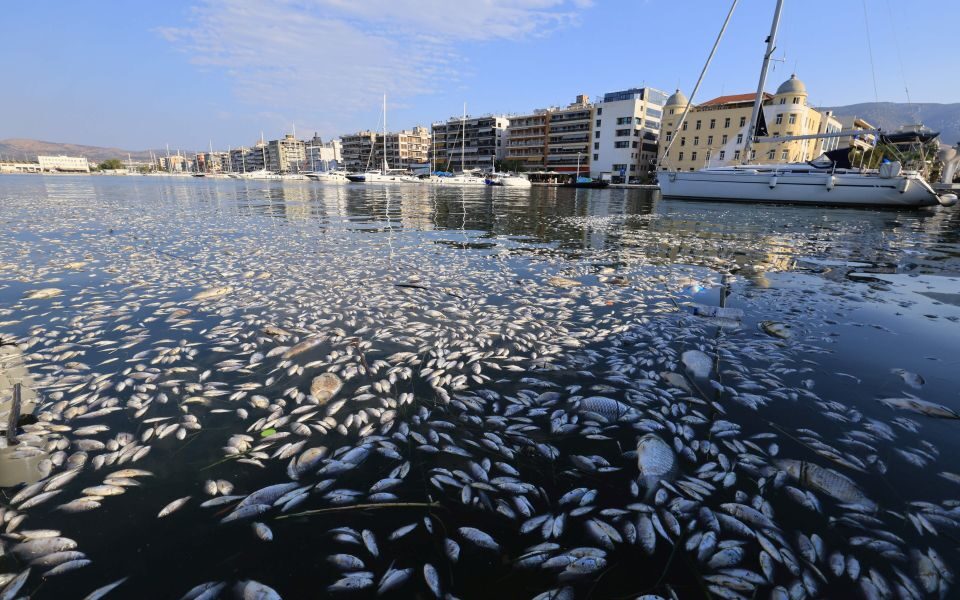
Greece Declares State of Emergency in Volos After Mass Fish Die-Off
Greece has declared a month-long state of emergency in the port city of Volos after thousands of freshwater fish died following last year's catastrophic floods. The emergency, set to last until September 30, allows local authorities to allocate resources to manage the environmental crisis.
The mass die-off occurred when floods from the central Thessaly region pushed freshwater fish into the salty waters of the Pagasetic Gulf and the Aegean Sea, where they could not survive. The disaster has left the waters around Volos clogged with dead fish, creating a significant environmental and public health challenge.
Cleanup efforts have been underway, with local authorities using fishing trawlers, earthmovers, and special nets to remove the dead fish. As of Thursday, 100 tons of dead fish had been collected and incinerated.
The situation has severely impacted local tourism, with an 80% drop in visitors since last year's flooding. The Chamber of Commerce in Volos is pursuing legal action to seek damages for the significant decline in commercial activity, while a public prosecutor has launched an investigation into the handling of the crisis.
This incident is part of a broader pattern of extreme weather events in Greece, which scientists increasingly link to climate change, leading to more frequent and severe wildfires, floods, and other natural disasters.
Stichworte







